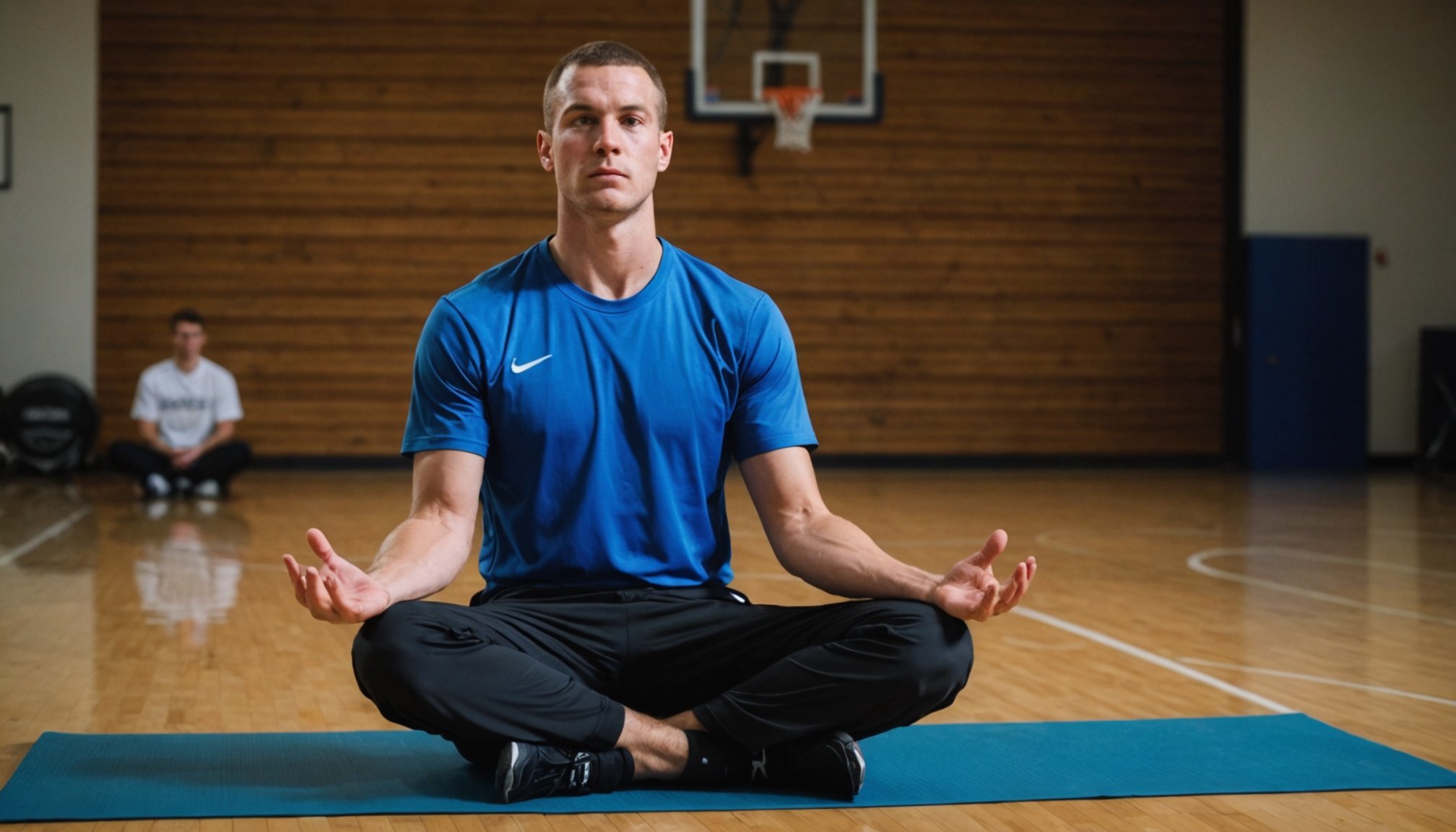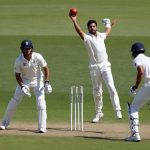Overview of Mental Performance in Basketball
Understanding mental performance in basketball is crucial for players aiming to excel, particularly in competitive environments such as UK basketball. Mental performance refers to the range of psychological skills and attributes that facilitate optimal athletic performance. It involves focus, emotional regulation, resilience, and mindset, which are as essential as physical skills on the court.
In UK basketball, players benefit from mastering key mental skills, including concentration, confidence, and pressure management. Concentration helps players maintain their focus amidst the game’s chaos, ensuring they make precise decisions and react swiftly. Confidence affects how players perceive their abilities and can significantly influence their performance during high-stakes moments. Managing pressure is vital, allowing players to perform optimally under stress, whether it’s during a decisive playoff game or a crucial free-throw shot.
Also read : Unlocking Explosive Power: A Guide for UK Basketball Players to Harness Plyometrics
The impact of mental performance on game outcomes cannot be understated. Games are often won or lost by thin margins, where psychological prowess can provide the necessary edge. Players with strong mental skills tend to exhibit better decision-making, higher consistency, and enhanced teamwork. As such, incorporating sports psychology into training routines is increasingly becoming a priority for coaches and athletes within the UK basketball scene, aiming to improve both individual and team performances.
Scientific Studies Linking Meditation and Sports Psychology
Understanding the connection between meditation benefits and sports psychology can offer actionable insights into performance enhancement. Over the years, sports psychology research has shown that meditation plays a crucial role in improving athletic outcomes. A notable study from the Journal of Sports Sciences examined elite athletes incorporating meditation practices. The findings demonstrated significant improvements in focus and anxiety reduction.
In the same genre : Top Strategies for UK Basketball Players to Prevent Overuse Injuries and Stay at Peak Performance
Meditation has been scientifically proven to lower stress, a common challenge in high-stakes competitions. By cultivating mindfulness, athletes gain better control over their thoughts and emotions, leading to enhanced performance enhancement. In another study featured in the Psychology of Sport and Exercise, researchers highlighted that consistent meditation practices correlated with improved mental endurance, allowing athletes to maintain concentration under pressure.
In addition, scientific evidence points to the positive impact of meditation on achieving competitive success. Key findings underscore that athletes practicing meditation frequently experience improved recovery times, stronger mental resilience, and heightened competitive spirit. These studies collectively suggest that meditation is more than a wellness trend—it is a pivotal tool in an athlete’s training regimen, transforming mental states to foster peak performance. By integrating these practices, athletes not only enhance physical capabilities but also harness the full potential of their mental acuity.
Targeted Meditation Practices for Basketball Players
Integrating meditation techniques into a basketball player’s routine can foster significant improvements in both performance and mental resilience. Employing these methods not only nurtures the mind but also sharpens the athletes’ focus and composure on the court.
Mindfulness Meditation
Mindfulness meditation is particularly beneficial for athletes by cultivating present-moment awareness. This practice helps players decrease anxiety and enhance concentration during high-pressure situations. Athletes learn to focus solely on the game, detaching from distractions and emotional turbulence, leading to improved in-game decision-making and performance.
Visualization Techniques
Incorporating visualization exercises allows players to mentally rehearse game scenarios and technical skills. This method is like a mental workout that builds confidence and prepares athletes for real-life execution. Visualizing successful performances, such as making a tricky shot or executing strategic plays, helps condition the mind to replicate these actions physically, strengthening neuroconnections.
Breathing Exercises
Breathing exercises are fundamental athlete meditation techniques that support stress management and focus enhancement. Techniques such as diaphragmatic breathing or box breathing reduce cortisol levels and calm the mind before a game. A well-regulated breathing routine can significantly lower pre-game nervousness, allowing players to enter the court with a clear and focused mind, ready for peak performance.
Testimonials from UK Basketball Players
Exploring the Meditation Testimonials from UK basketball players offers a glimpse into how this practice reshapes their mental landscape. These Athlete Insights reveal a growing appreciation for meditation, with players sharing their personal journeys and its profound impact on the court.
One player recounted how meditation transformed their mental approach to high-pressure games. By incorporating daily mindfulness sessions, they found an enhanced focus and reduced anxiety during crucial match moments. This player experience highlights meditation as more than just a relaxation tool; it’s a cornerstone for performance consistency.
Another athlete insight emphasised the player experiences of improved emotional regulation. By committing to regular meditation routines, players reported a calmer mindset and better decision-making under stress. This emotional stability led to fewer game-time outbursts, contributing to a more harmonious team dynamic.
Players recommend various meditation practices, suggesting mindfulness meditation for its accessibility and effectiveness. Others advocate for guided visualisation, allowing athletes to mentally rehearse game scenarios, boosting confidence and strategic thinking. Breathing exercises are also popular amongst athletes to centre their attention and maintain composure.
These experiential nuggets of player insights underline meditation’s integral role in both personal development and achieving sporting excellence. Aspiring athletes might find inspiration from these testimonials, encouraging them to explore meditation’s potential competitive edge.
Actionable Tips for Incorporating Meditation into Training Routines
Incorporating meditation into your training routine can be highly beneficial for athletes seeking to enhance mindfulness and improve their overall performance. By establishing a consistent meditation routine, athletes can experience significant mental clarity and focus.
Creating a Consistent Meditation Schedule
Consistency is key when developing a meditation programme. To begin, identify a specific time each day to practice meditation. Whether it’s first thing in the morning or after a workout, keeping a regular schedule helps establish a routine. Use training tips, such as starting with short sessions and gradually increasing the duration to prevent overwhelm.
Integrating Meditation with Physical Training
Combining meditation with physical workouts can lead to optimal results by balancing body and mind. Athletes can incorporate mindfulness exercises during warm-ups or cool-downs, fostering a more holistic approach to training. Practicing athlete mindfulness during these periods can aid in stress reduction and enhance performance.
Utilizing Meditation Apps and Resources
There are numerous apps and resources available to guide athletes in their meditation practice. Popular apps like Headspace or Calm offer strategies for establishing a daily meditation habit, making them accessible tools for beginners and advanced practitioners alike. Explore these platforms to find guided meditations tailored to athletic needs, thus aiding in maintaining a balanced and focused training routine.













